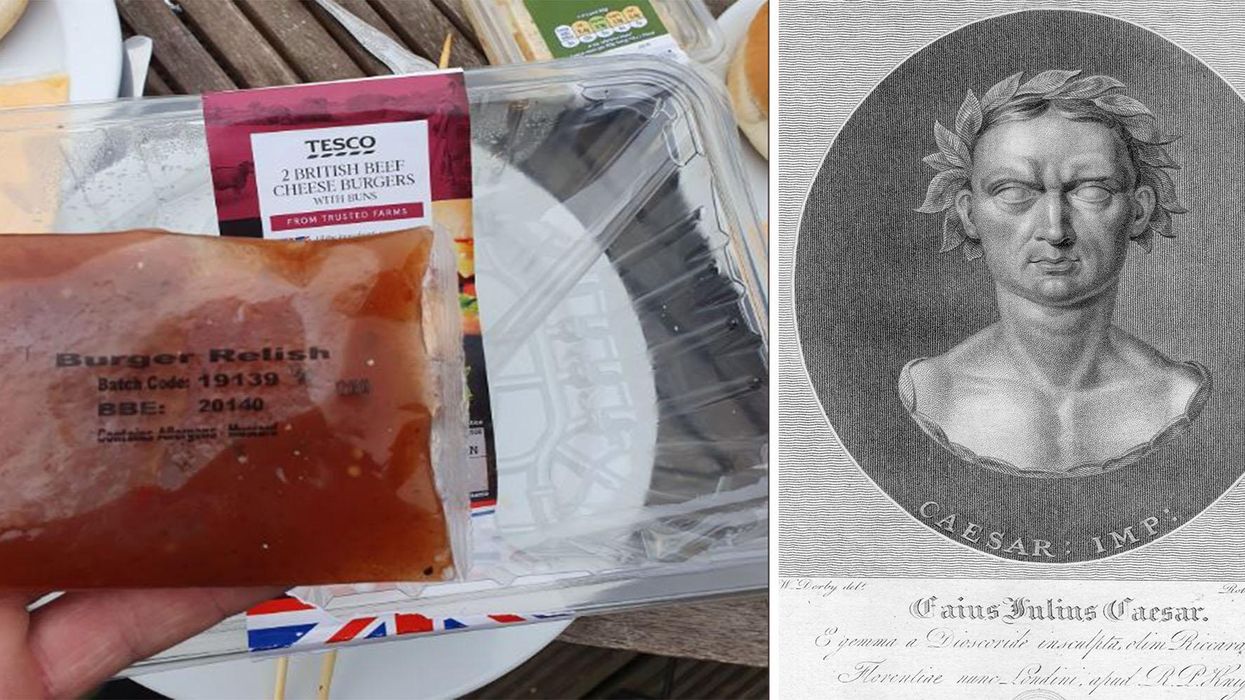
Life in the 21st century seems to get stranger by the day.
From the president of the United States taking time out from international affairs to slam Bette Midler as a "washed up psycho" to alt-right activists being pelted with salted caramel milkshakes in the street, late capitalism continues to conjure up surprising and surreal episodes on the slow slide from civilisation to chaos.
In the latest instalment, shopper Matthew Stock tweeted British supermarket Tesco to ask about the incomprehensible "best before" date on a packet of burger relish he had just purchased, which appeared to read: "20140".
A member of Tesco's customer service team replied admitting bafflement at their end, suggesting it might indicate 2 January 2040 and asking him to reply with the product's barcode.
Stock duly obliged before company spokeswoman Maggie came back with a completely bats explanation for the mystery code.
Hi Matthew, I have had a response from my support team. They have advised the date code on the relish is the Julian date. 20140 is the 140th day.
This translated into the Gregorian calendar is the 20th May 2020.
The Julian calendar, for context, was introduced by the Roman emperor Julius Caesar in 46 BC and stood as the standard western means of date-keeping until 1582, when it was replaced by the Gregorian, introduced by Pope Gregory XIII.
Understandably incredulous at this answer, Stock responded by asking:
Are you serious? Surely that's not a legitimate way of dating products?
Maggie, in the unenviable position of having to answer for this insanity, was sympathetic.
I fully agree with you. If I had received this myself I wouldn't have known what this meant.
It turns out it is common practice for producers to list a food product's use-by-date in "Julian days", meaning the number of days that will have elapsed between its production and the point at which it is forecast to go stale, the concept derived from a system of counting forward that took the beginning of the Julian Period as its starting point.
The average consumer could hardly be expected to know that, however, and the mad exchange between Stock and Maggie quickly caught the imagination of the Great British Public online.
And by god there were memes.
More: Water pours into Tesco supermarket aisles as ceiling collapses in heavy rain













